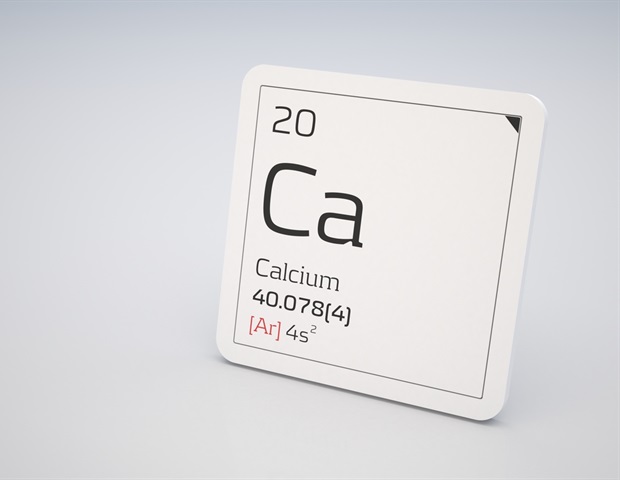
Gene expression profiling and other analyses conducted by Rutgers Cancer Institute of New Jersey researchers and colleagues examining drug resistance to a common antibody therapy for non-Hodgkin lymphoma have identified calcium signaling as a novel and exploitable target in overcoming this treatment obstacle.
Results of the work are being presented at the American Society of Hematology Annual Meeting in Orlando later this week.
Senior investigator Andrew M. Evens, DO, MSc, FACP, associate director for clinical services and director of the Lymphoma Program at Rutgers Cancer Institute and medical director of oncology services at RWJBarnabas Health, shares more about the work.
Q: Why is this topic important to explore?
A: The CD20 protein found on the surface of mature B cells is involved in the regulation of B cell differentiation and is a well-established target for anti-CD20 therapy in the treatment of B cell malignancies.
Drug resistance to these antibodies, including rituximab and obinutuzumab, remains an ongoing challenge in the treatment of non-Hodgkin lymphoma.
Many patients will become resistant to these commonly used antibodies. However, the mechanisms responsible for this resistance are unclear. It was our aim to define the immuno-biological landscape associated with this resistance.
Q: Tell us about the work and what you and your colleagues found.
A: We conducted detailed systems biology analyses and immune functional studies in rituximab-resistant and obinutuzumab-resistant cell lines in non-Hodgkin lymphoma models. We found that cells were associated with the downregulation of immune signaling pathways, cytokine hyposecretion, and upregulation of B cell receptor signaling.
Biological changes indicated that loss of CD20 was associated with decreased calcium signaling, which was accompanied by a depolarized membrane and persistent activation of BTK signaling pathway as possible mechanisms for anti-CD20 resistance.
Furthermore, concomitant use of BTK inhibitor and hyperpolarizing agents resulted in the restoration of calcium signaling and markedly increased cell death in CD20 resistant cells in both in vitro and in in vivo tumor xenograft models.
Q: Why are these results significant?
A: These data delineate that reduced calcium signaling is an important pathway in anti-CD20 resistance and is responsible for depolarization of cell membranes by altering the electrical activity and "turning on" BTK dependent survival pathways.
In addition, these mechanisms may serve as a highly novel target for the treatment of CD20 resistant non-Hodgkin lymphomas.
Rutgers Cancer Institute of New Jersey






No comments
Post a Comment